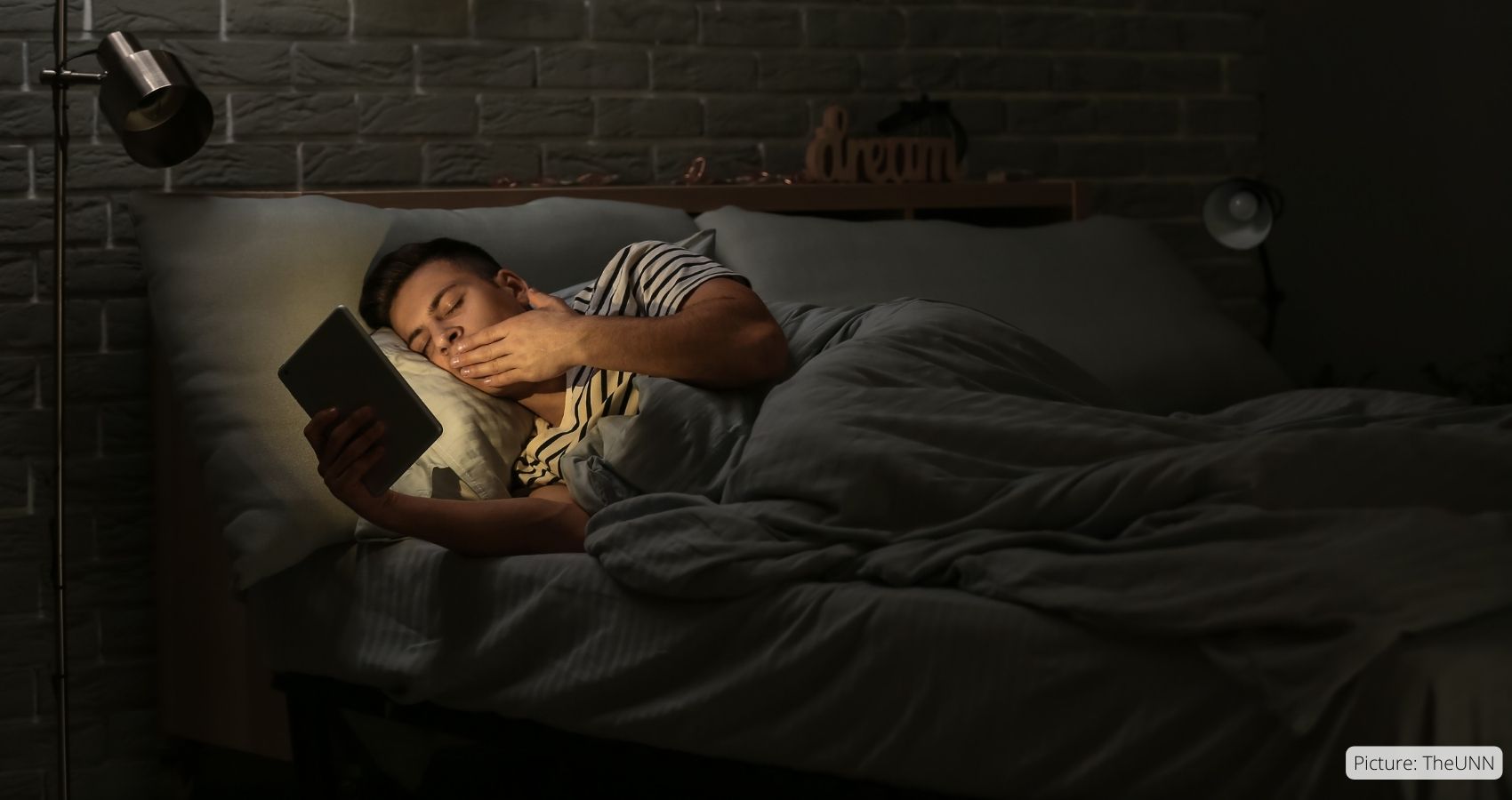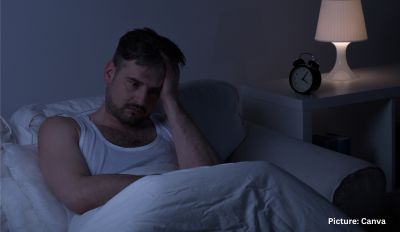In the realm of understanding the impact of sleep on our emotions, a profound analysis spanning over 50 years of data has illuminated the intricate relationship between sleep deprivation and our emotional well-being. This groundbreaking study, the first of its scale since 1996, unravels the complexities of how our nocturnal habits intertwine with our feelings.
Reflecting on the evolution of research in this field, Jo Bower, a lecturer and researcher at the University of East Anglia, notes the substantial growth since 1996. With an abundance of data at their disposal, researchers like Bower can now discern the effects of various types of sleep deprivation, such as staying up late, insufficient sleep duration, and intermittent awakenings during the night.
Published on December 21 by the American Psychological Association, Bower’s study, conducted in collaboration with colleagues from institutions in Texas, Colorado, and Montana, delves into the impact of these sleep patterns on emotional states. Examining data from 154 studies involving 5,715 participants, the team meticulously analyzed reported outcomes. The predominant and consistent effect observed across all types of sleep loss was a decline in positive emotions coupled with an increase in emotional numbness and anxiety.
Bower elucidates, “We looked at everything that they reported in those studies, and what was strongest and most consistent was an impact on positive moods.” Contrary to popular intuition, individuals experiencing sleep loss were more inclined to express diminished happiness, excitement, and contentment than heightened anger or anxiety. This revelation challenges common perceptions as people often associate sleep deprivation with heightened irritability or sadness.
The study highlighted a pervasive emotional numbing and a loss of pleasure in many participants, even in cases of mild sleep deprivation, such as staying awake just an hour or two later than usual. Notably, the negative impact on emotions was accentuated when participants lost Rapid Eye Movement (REM) sleep, suggesting that distinct neural processes during different stages of the sleep cycle could influence daytime emotions in varying ways.
Quoting Bower, “We thought that was really interesting because, intuitively, if you talk to someone [who hasn’t slept], they’ll quite often say they’re more grumpy or they’re more sad or they’re more irritable, but actually, the evidence suggests that it’s these positive emotions that suffer.”
This comprehensive exploration into the intricate dance between sleep patterns and emotional well-being underscores the profound implications of sleep on our daily lives. As we navigate the demands of modern life, understanding the delicate balance between a good night’s sleep and our emotional resilience becomes increasingly crucial.











